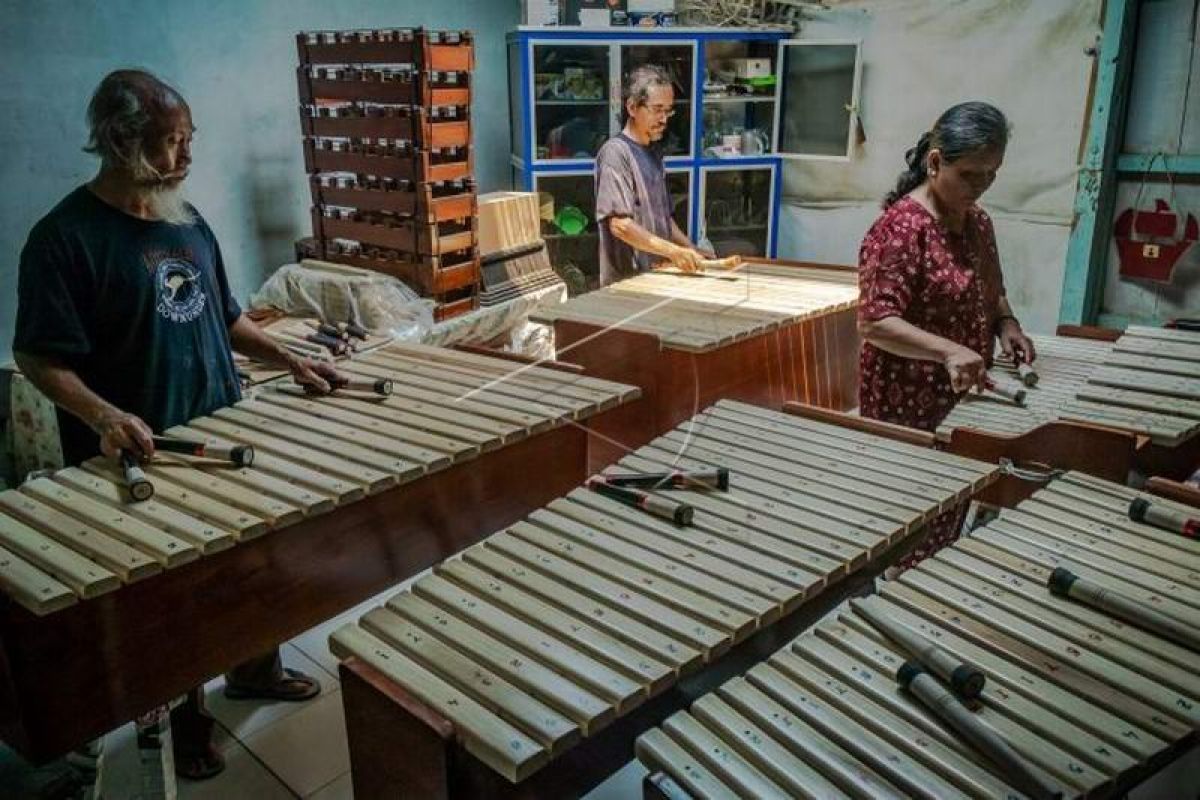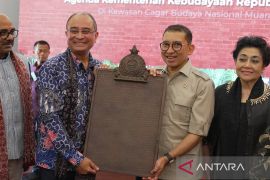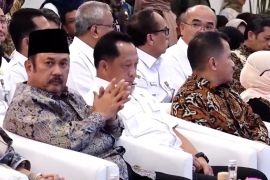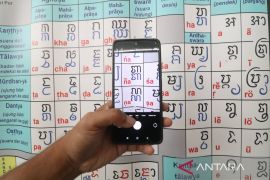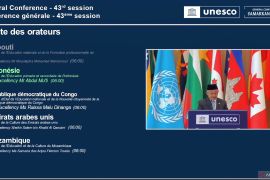He confirmed that kolintang was officially recognized by UNESCO as intangible cultural heritage during the 19th session of the Intergovernmental Committee in Paraguay.
“Through soft power, kolintang becomes a vital medium for promoting Indonesia’s global image,” Zon said on Sunday.
He emphasized that music serves as a universal language that fosters peace and friendship among nations.
UNESCO also noted the instrument’s similarities to the balafon in terms of materials, design, function, and cultural value—highlighting both as symbols of unity, mutual respect, and harmony.
Zon underscored the importance of collaboration in preserving cultural heritage.
He praised the National Kolintang Players Association (PINKAN) and singer Ita Purnamasari for their joint effort on the song Oh Minahasa, and a cross-cultural performance of Haiti with balafon player Neo Akbar.
He added that Indonesia, as a nation rich in cultural heritage, has a duty to safeguard and celebrate its traditions. During the event, Zon also performed O Ina Ni Keke, a North Sumatran folk song, accompanied by kolintang and balafon.
PINKAN Chairperson Penny Iriana Marsetio said the performances fulfilled their promise to the minister following UNESCO’s recognition.
“We remain committed to preserving kolintang,” she affirmed.
Translator: Pamela Sakina, Mecca Yumna Ning Prisie
Editor: Aditya Eko Sigit Wicaksono
Copyright © ANTARA 2025
